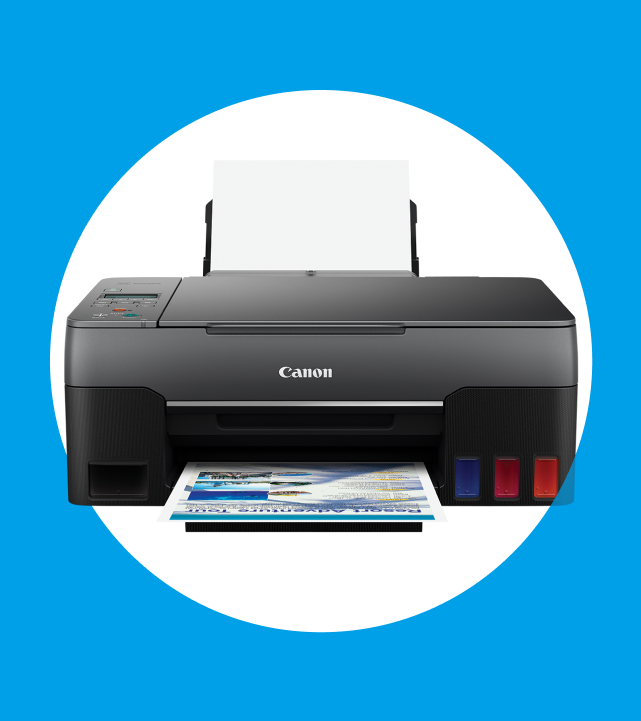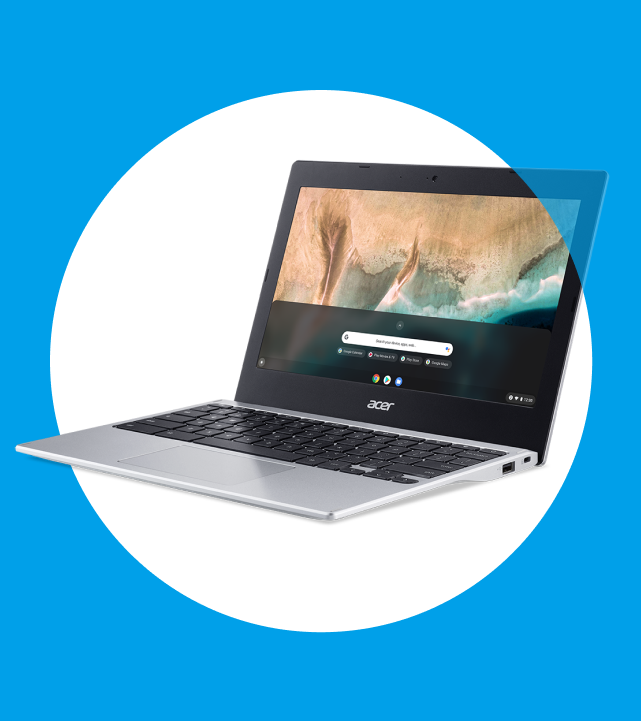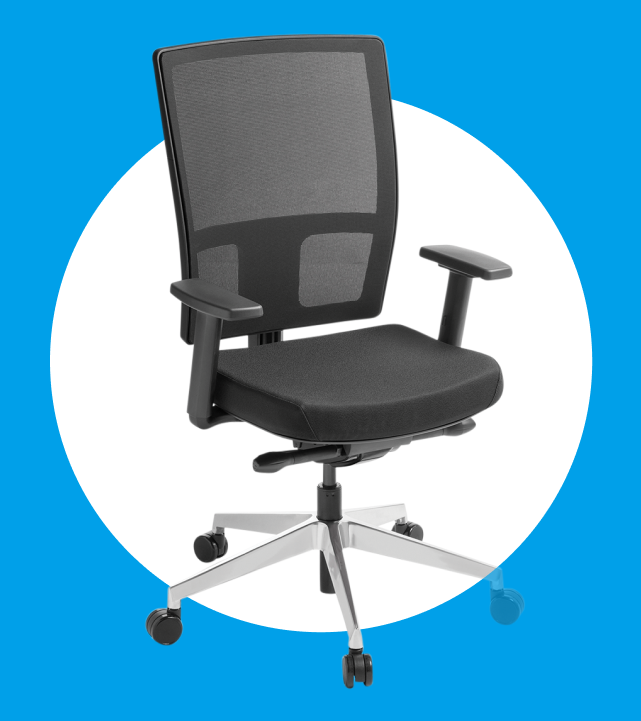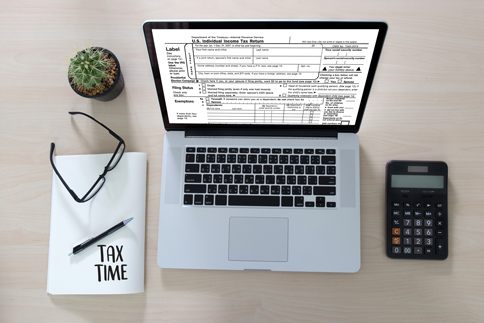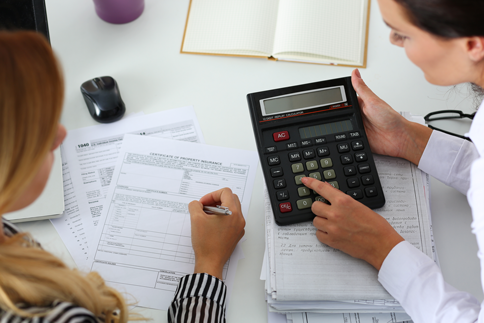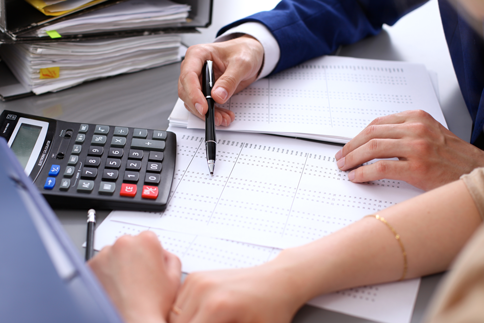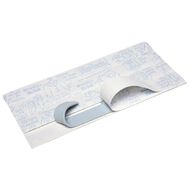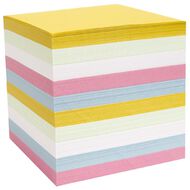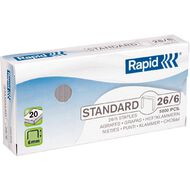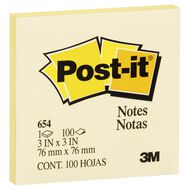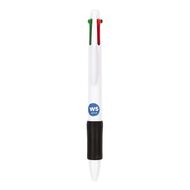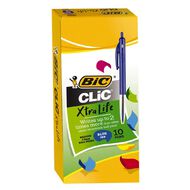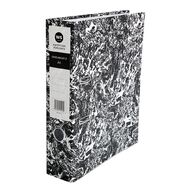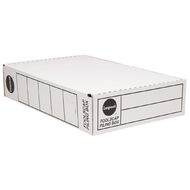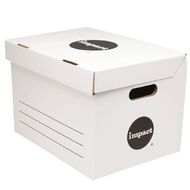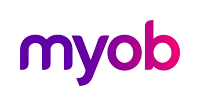
Starting your own business: when you should register for GST
If you’re a sole trader looking to expand your operations, a start-up ready to launch, or just someone new to the New Zealand business community, there are some significant legal and taxation requirements to consider. One of these requirements is GST, or Goods and Services Tax.
In New Zealand, employers are responsible for calculating and deducting income tax from their employees’ salaries and wages. This is called PAYE, or pay as you earn.
The Goods and Services Tax is a tax added to the price of almost every product or service sold in New Zealand – from products like food and clothing, to activities and services like legal advice or hairdressing. Currently, the GST rate is 15 per cent and is collected by Kiwi businesses on behalf of the Government.

When to register
If your business’ turnover was $60,000 or more in the last 12 months – or will be $60,000 in the next 12 months – you must register for GST with Inland Revenue.
However, if your turnover was or will be less than $60,000 in a 12-month period then you are not obliged to register for GST with the IRD – and will therefore not have to charge GST to your customers and/or clients.
Although, you do have the option to volunteer to register if you want to. If you decide to register there are some potential benefits, such as the option to claim GST returns – but you must abide by the same rules as other registered enterprises.
A majority of businesses who voluntarily register are generally sole traders who have more business expenses than sales/income.
How it works
When you register for GST with Inland Revenue, you can claim back the GST you pay on goods or services for your business each return period. However, it’s important to remember that you must also charge GST on your goods and services too – and then pay this GST to the New Zealand Government.
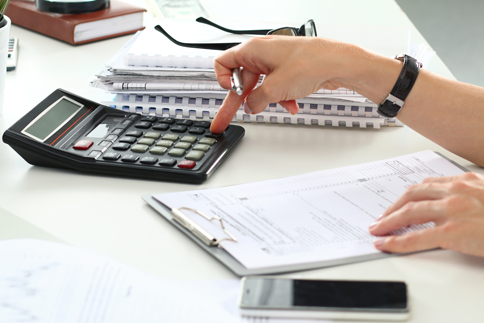
It works like this:
- You charge GST on each of your sales, but you also pay GST on your business expenses like everyone else.
- When it comes to filing your GST return, you need to work out the difference between how much GST you collected on the Government’s behalf and how much GST you paid during the same period.
- If you collected more GST than you spent, you will owe the Government the difference. If you spent more GST than you collected, the Government will reimburse you with the difference. This is why it’s really important to set aside the GST you collect, so you’re not stuck for cash when it comes to each return period or end of financial year.
Remember
If you must register for GST, or volunteer to register, it’s really important to keep records of all your paperwork – including receipts, invoices and past return forms. The IRD requires businesses to keep records of up to 7 years.
Try MYOB Essentials for Free. You can file your GST return to Inland Revenue directly within MYOB Essentials. It’s fast and hassle-free. No Paper, no post, no problems!
